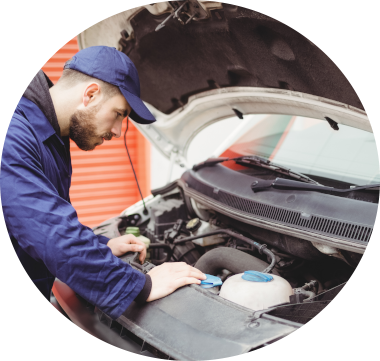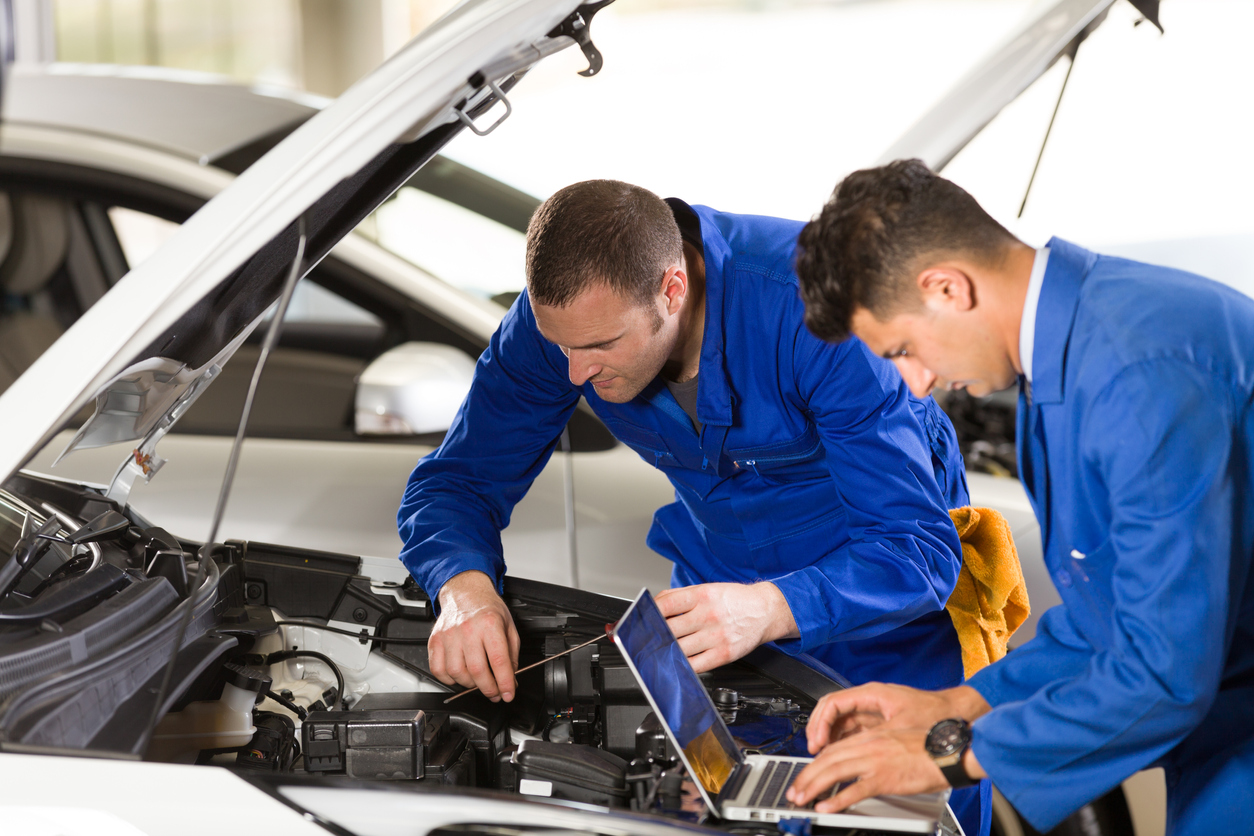All Categories
Featured

When it pertains to automobile upkeep, the brakes are perhaps one of the most important system for ensuring your safety. Your brakes need to work efficiently to stay clear of crashes and respond quickly in emergency situations. Routine brake assessments are vital to keeping your braking system in leading condition. Understanding when and exactly how to inspect your brakes can conserve you from dangerous circumstances and pricey repair services later on. Below's a guide to assist you remain on top of brake examinations.
- Why Brake Evaluations Are Important. Brakes are developed to put on down gradually, but without normal inspections, you might not notice when they become much less reliable. A malfunctioning brake system can cause serious mishaps, boosted repair costs, and also the need to change various other lorry parts.
Brake evaluations not only aid you capture prospective concerns before they escalate, but they also permit for better stopping efficiency, raised vehicle life expectancy, and boosted security.
- Acknowledging Indication for Brake Problems. While routine inspections are important, you do not need to wait until your cars and truck's next visit to the auto mechanic. Expect these indication that may show it's time for an assessment:
Uncommon Noises: A piercing squeal or grinding audio when using the brakes commonly indicates that the brake pads are put on down or damaged. Soft or Mushy Brake Pedal: If the brake pedal really feels soft or mushy when pressed, there may be air or moisture in the brake lines, or the brake fluid might be low. Pulling to One Side: If the car draws away while stopping, it can show unequal brake pad wear or a hydraulic problem in the brake system. Resonance in the Wheel or Pedal: If you experience resonance or pulsation when stopping, it may suggest warped rotors or unequal brake pad wear. Increased Quiting Range: If it takes longer than normal to bring your automobile to a stop, it may be time to check the brake pads, liquid degrees, or blades. If you notice any of these signs, it's ideal to have your brakes checked quickly by an expert.
- Trick Components Checked Throughout a Brake Inspection. Throughout a brake assessment, a certified technician will certainly analyze a number of essential elements of the brake system to guarantee they're operating correctly. A few of one of the most vital parts to evaluate include:
Brake Pads: These are the rubbing product that presses against the brake blades to reduce the lorry. Over time, the brake pads put on down and require replacing. Brake Rotors: Rotors are the steel discs that the brake pads secure down on. They need to be smooth and devoid of deep grooves or cracks. Brake Fluid: The brake liquid moves the pressure from the pedal to the brakes. Reduced fluid degrees or old, contaminated fluid can bring about bad stopping efficiency. Brake Lines: Brake lines bring liquid from the master cyndrical tube to the brake elements. They ought to be looked for leakages, splits, or damages. Brake Calipers: These secure the brake pads onto the rotors. They must be in excellent working order and devoid of leaks. On a regular basis examining these elements ensures your stopping system works smoothly and assists you stay clear of unsafe driving situations.
- Just how Typically Should You Obtain Your Brakes Inspected? The frequency of brake evaluations depends on your driving practices and the sort of car you possess. As a basic standard, it's suggested to check your brakes at the very least annually or every 12,000 miles. Nonetheless, if you drive in hefty web traffic, regularly bring hefty lots, or drive on sloping surface, more regular examinations may be necessary.
It's likewise a great concept to have your brakes checked if you observe any one of the indication stated previously, as this can avoid extra significant problems.
- The Expense of Neglecting Brake Inspections. Neglecting regular brake inspections can cause serious consequences. Used brake pads, harmed rotors, or low brake fluid can cause your stopping system to fail when you need it most. In addition to the safety and security risks, ignoring brake maintenance can result in pricey repairs down the roadway.
For example, if the brake pads are not replaced in time, the damage can expand to the blades, causing the requirement for rotor substitute-- a pricey repair service. By organizing routine brake evaluations, you can avoid these pricey fixings and maintain your stopping system in great condition for longer.

- What Happens During a Brake Evaluation? A specialist technician will certainly carry out a detailed evaluation of your lorry's braking system, consisting of looking for the complying with:
Brake Pad Density: Brake pads need to be changed when they have used down to a certain thickness. Rotor Problem: The auto mechanic will check the blades for indications of wear, bending, or scoring. Brake Liquid Level: Reduced brake liquid can influence braking efficiency. The technician will certainly examine the liquid level and renew it if essential. Brake Line Honesty: The brake lines will be inspected for any kind of leakages or splits that could jeopardize the brake system. As soon as the examination is full, the technician will certainly notify you of any type of necessary fixings or replacements.
Final Thought: Stay Safe with Routine Brake Inspections. Your brakes are essential to keeping you and your travelers secure on the road, so normal brake evaluations must never be neglected. By taking notice of indication, scheduling periodic brake checks, and dealing with issues quickly, you can guarantee that your brakes are constantly in top shape.
Don't wait until your brakes stop working-- stay proactive regarding brake upkeep. A small financial investment in brake inspections today can save you from expensive fixings and hazardous situations in the future.
Latest Posts
Check Out the Best Auto Repair Coupons in Montclare, Chicago
Secure Your Financial Investment with Specialist Seamless Gutter Setup
How Chicago Drivers Trust Montclare Auto Repair for Trusted Service and Great Savings
More
Latest Posts
Check Out the Best Auto Repair Coupons in Montclare, Chicago
Secure Your Financial Investment with Specialist Seamless Gutter Setup
How Chicago Drivers Trust Montclare Auto Repair for Trusted Service and Great Savings
